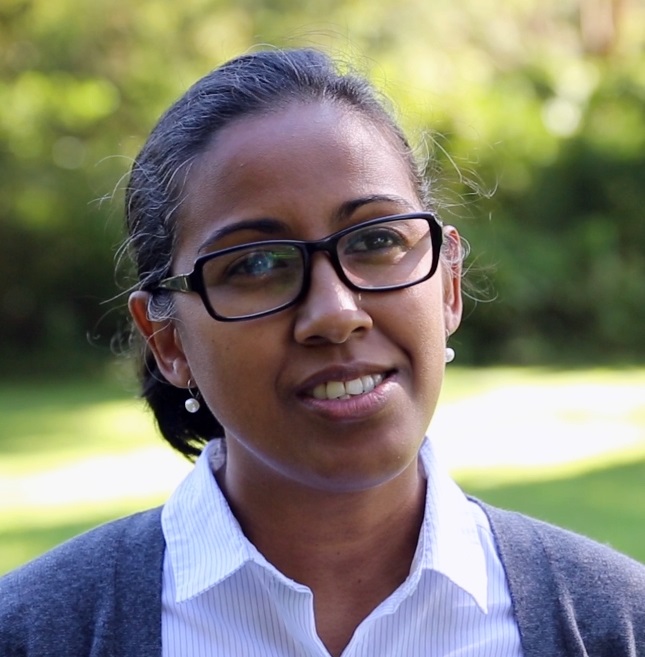At the 26th Climate Change Conference of the Parties (COP26) in 2021, truly ground-breaking and ambitious commitments were made by 145 countries under the Glasgow Leaders’ Declaration on Forests and Land Use (LDF) to increase the effectiveness and accessibility of climate finance and investment towards the support of Indigenous peoples and local communities. The global commitment emphasized the need for reducing vulnerability, building resilience and enhancing rural livelihoods in the context of sustainable forest management and forest conservation and restoration. The declaration reflected the growing recognition that Indigenous peoples and local communities – provided with the appropriate enabling conditions and secure tenure rights - are among the most effective forest stewards. They are critical in the global fight against climate change. Following the declaration, major donors stepped up with substantial financial pledges to bolster efforts to deliver resources to the local level, emphasizing the need to advance forest tenure rights.
Two UN-REDD partner countries, the Republic of Congo and Côte d'Ivoire, were among LDF signatory countries. The UN-REDD Programme decided to take a closer look at how these two countries were positioned to meet their commitments under the declaration and how they might further enhance their abilities to deliver climate finance to Indigenous peoples and local communities and engage them in efforts to address climate change.
The legal and institutional context of each country was reviewed, resulting in a set of recommendations. The information briefs for the Republic of Congo and Côte d'Ivoire analyze several key aspects including the status of tenure and carbon rights in the context of REDD+, the legal and policy framework for financial transfers to the local level, the adherence to safeguards, including provisions and existing barriers related to gender and social inclusion, as well as functional grievance mechanisms. Based on research and key informant interviews, the briefs were also able to provide insight on the actual situation and to highlight gaps and opportunities for better alignment with funding opportunities, including identification of any bottlenecks and potential roles for government and other actors.
On June 16, 2023, stakeholders and policymakers joined a virtual meeting to discuss the briefs. The discussion featured a comparative analysis of how the two countries are addressing the key issues mentioned, with government REDD+ decision makers from both countries on hand to reflect on the findings and recommendations.
The UN-REDD Programme continues to support its partner countries to put in place the key enabling conditions to allow REDD+ climate finance to flow effectively to those best placed to tackle climate change. Analyses and dialogues, such as those conducted for the Republic of Congo and Côte d'Ivoire, are a starting point to help countries advance towards more effective financial mechanisms and heightened engagement of Indigenous peoples and local communities.





